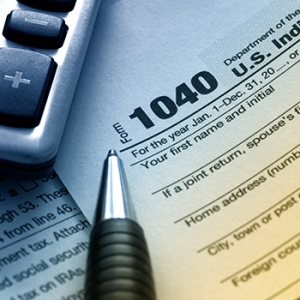5 Scary Things That Bankruptcy Can Save You From

Bankruptcy was designed to give people just like you a second chance. Wouldn’t you like a fresh start, with no stress and no fear? Here are the 5 scariest things that bankruptcy can save you from:
1. Getting deeper in debt
Many times, if you’re overwhelmed with debt, you’ll resort to any means possible to stay afloat. Additional loans or credit cards will only make your situation worse, and the more debt you accumulate, the harder it will be to catch up. When you file for bankruptcy, the cycle is broken. Many times, your debt can be completely erased.
(more…)


 If you’re struggling with overwhelming debt, you’re not alone. Thousands of Dallas area residents have filed for bankruptcy so far this year.
If you’re struggling with overwhelming debt, you’re not alone. Thousands of Dallas area residents have filed for bankruptcy so far this year.
 Many of our clients are curious about what happens to their credit scores after they
Many of our clients are curious about what happens to their credit scores after they  It’s tax day, and that means many Americans are finding out that they owe even more money, thanks to the IRS. We always get questions at this time of year about how filing for bankruptcy will affect a family finances. In our last blog post, we discussed what can happen with any potential
It’s tax day, and that means many Americans are finding out that they owe even more money, thanks to the IRS. We always get questions at this time of year about how filing for bankruptcy will affect a family finances. In our last blog post, we discussed what can happen with any potential  Most of the time, if you’re in
Most of the time, if you’re in